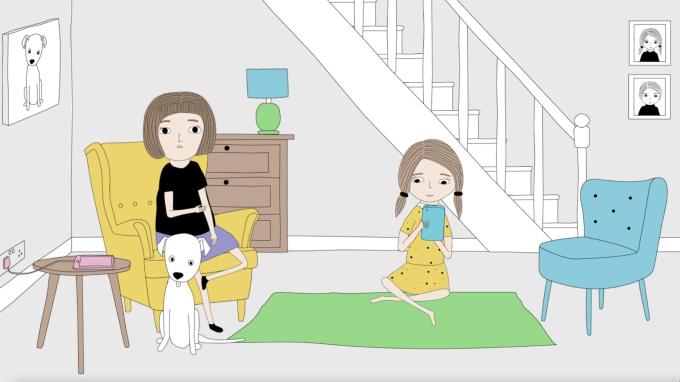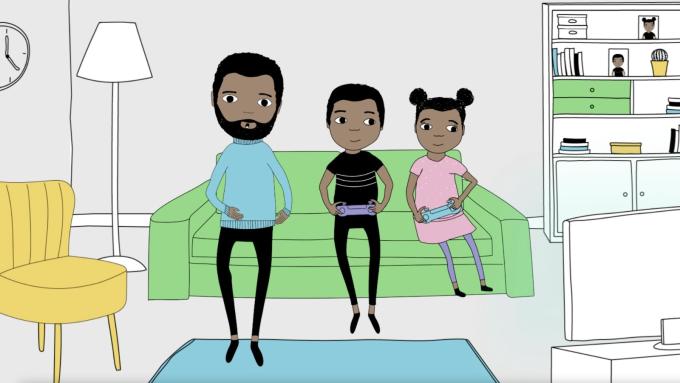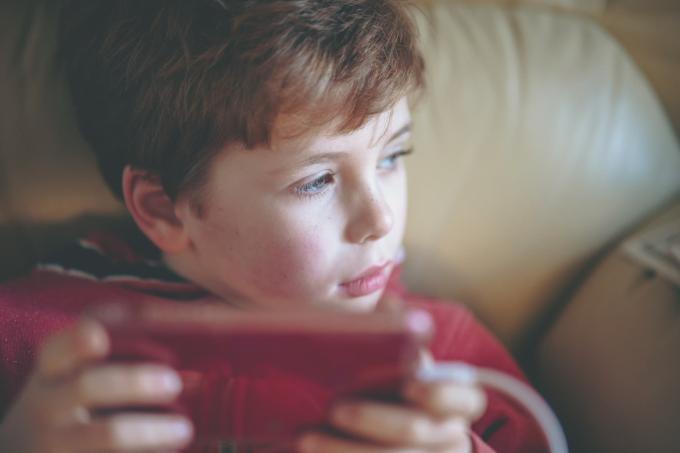It’s hard to keep up with the rapid changes of the online world. Young people today appear to expertly navigate online environments that didn’t even exist in our own childhoods.
It’s all over the news, too. Headlines about children getting groomed on Facebook, stories about Instagram impacting young people’s mental health. As a parent or carer it’s a lot to take in, but if we don’t know the risks how can we keep our children safe? And what can we actively do to help?
Here are some basic steps you can take to support your child to stay safe online:
1. Be as interested in your child’s digital life as you are in their school life
Having positive conversations about your child’s digital life shows that you’re interested in the things that they are, meaning you can offer advice about staying safe online without it coming across as a lecture.
It will also help you to understand the online platforms they’re engaged with, but more importantly, these conversations will build trust, meaning your child is more likely to come to you if they ever find themselves in a difficult situation online.
2. Discuss what healthy and unhealthy online behaviour looks like
Dangers can come not only from befriending strangers online, but from interactions with peers, including friends of friends.
Rather than giving messages about stranger danger, it's more effective to talk about what healthy and unhealthy online behaviour looks like. This, dependent on age, might include discussions around:
- sexting (sending naked or semi-naked pictures)
- trolling (harassment and bullying)
- sharing personal information
- adding unknown people to chat groups, games or friend lists
- accessing pornography and the impact this can have on skewing ideas of healthy relationships
- identifying grooming techniques
3. Encourage your child to use age-appropriate sites
It's perhaps inevitable that younger children will want to access sites that are meant for teenagers, or even adults.
Review the safety features of each site and talk to your child about age guidelines and why they exist. This will help them identify safer and more appropriate online spaces.
4. Enable your child to have digital access in the same physical space as you
Being in the same room as your child when they are online not only helps you know what they are accessing, it enables you to pick up on non-verbal clues as to whether their online life is a happy and safe one.
It also provides an opportunity to react to both positive and negative impacts that being online might have on your child.
5. Discuss how information can be shared online and agree privacy settings
Talk to your child about what information they share online and who they would want to see this. It can be helpful to give some scenarios about how sharing private information with one person could be captured by screenshot and shared so that others can see it.
Set your child’s privacy controls accordingly – then check them regularly as some sites automatically revert privacy settings to a lower level after releasing an update.
Most importantly: talk to your child
As a parent or carer, the most important way you can help is by maintaining an open dialogue with your child about their online activity, and by being there to help them if they are targeted or get into difficulty.
It might be tempting to ban screen time or dish out lectures about stranger danger so it feels more like when you were a child. But since the online world is not going away any time soon, wouldn’t it be better to turn the tables and help support them to make safer choices online instead?
If you’re concerned about online sexual abuse or the way someone has been communicating with your child, contact the Child Exploitation and Online Protection CEOP command.

Is my child safe online? Parents' questions answered
We’ve answered some common questions from parents and carers about how to help keep children safe online.

More about keeping children safe online
Every child deserves to feel safe online – and we all have a part to play. Find out more about online safety from the experts.

Keeping your child safe on their smartphone
Learn more about parental controls and read more tips on keeping your child safe on their phone.
Imagery by Popla Media

